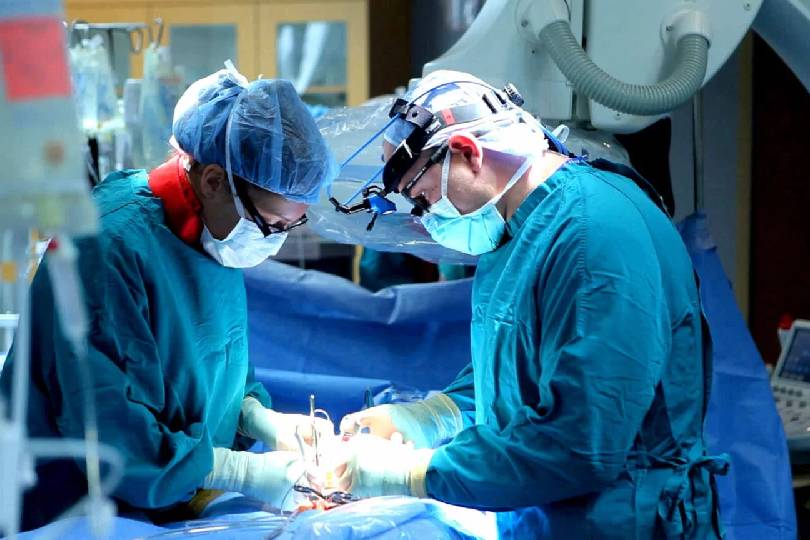
Onco-Surgery
Definition:
Onco-surgery, also known as oncological surgery or cancer surgery, focuses on the diagnosis, treatment, and management of cancerous tumors and malignancies affecting various organs and tissues in the body. Oncologic surgeons specialize in performing surgical procedures to remove cancerous tumors, lymph nodes, and adjacent tissues while preserving organ function and quality of life.
Causes:
Cancer may arise from various factors including genetic mutations, environmental exposures, lifestyle factors (such as smoking or diet), chronic inflammation, infections, and other underlying medical conditions.
Symptoms:
Symptoms of cancer vary depending on the specific type and location of the tumor but may include unexplained weight loss, fatigue, fever, pain, changes in bowel or bladder habits, persistent cough, difficulty swallowing, lumps or masses, skin changes, or abnormal bleeding.
Treatment:
Treatment of cancer may involve a combination of approaches including surgery, chemotherapy, radiation therapy, targeted therapy, immunotherapy, hormone therapy, or palliative care. Surgical options range from minimally invasive procedures such as tumor excision or lymph node dissection to more extensive surgeries such as radical resection or organ removal, depending on the type, stage, and location of the cancer.
Conclusion:
Onco-surgery plays a crucial role in the treatment and management of cancer, offering patients the potential for cure, symptom relief, and improved quality of life. By providing comprehensive evaluation, personalized treatment plans, and advanced surgical techniques, oncologic surgeons strive to optimize outcomes and achieve the best possible results for patients with cancerous tumors and malignancies.
